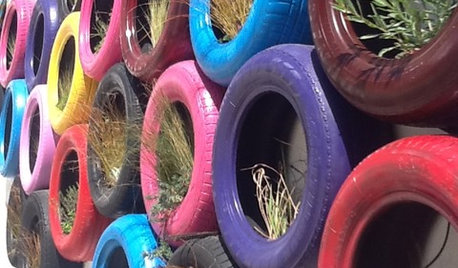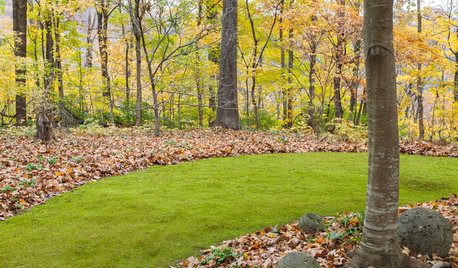yogurt as a source of soil microbes?
tex_jas
16 years ago
Featured Answer
Sort by:Oldest
Comments (12)
morpheuspa (6B/7A, E. PA)
16 years agoRelated Professionals
Ashburn Landscape Architects & Landscape Designers · Anderson Landscape Contractors · McKinney Landscape Contractors · Brockton Landscape Contractors · Gainesville Landscape Contractors · Antioch Landscape Contractors · Berkeley Driveway Installation & Maintenance · Winston-Salem Driveway Installation & Maintenance · Eastvale Swimming Pool Builders · Bethesda Fence Contractors · Hutto Fence Contractors · Memphis Fence Contractors · Santa Clarita Fence Contractors · Whitman Fence Contractors · Angleton Fence Contractorsrcnaylor
16 years agotex_jas
16 years agomorpheuspa (6B/7A, E. PA)
16 years agotex_jas
16 years agonaeemah1000
8 years agokimmq
8 years agormontcal
8 years agoHolganix
8 years agoJ Gil Organic
8 years agoBlue Jay
2 years agolast modified: 2 years ago
Related Stories

GARDENING GUIDESGet the Dirt on Your Garden’s Soil
Understand how your soil supports your plants so you can ensure your garden’s success
Full Story
FARM YOUR YARDHow to Get Good Soil for Your Edible Garden
The nutrients in your soil feed the plants that feed you. Here are tips on getting it right — just in time for planting season
Full Story
GARDENING GUIDESNew Ways to Think About All That Mulch in the Garden
Before you go making a mountain out of a mulch hill, learn the facts about what your plants and soil really want
Full Story
GARDENING GUIDESGarden Myths to Debunk as You Dig This Fall and Rest Over Winter
Termites hate wood mulch, don’t amend soil for trees, avoid gravel in planters — and more nuggets of garden wisdom
Full Story
SALVAGECan We Bounce Some Great Recycled-Rubber Ideas Off You?
No need to bemoan that spare tire. Old rubber is getting a guilt-free second life as flooring, pavers, sinks and even furniture
Full Story
EARTH DAYGrow a Beautiful Garden With Ecofriendly Greywater
Reducing home water waste means lower bills and a healthier planet. Here's how to set up a greywater home irrigation system that can help
Full Story
HOUSEKEEPINGDishwasher vs. Hand-Washing Debate Finally Solved — Sort Of
Readers in 8 countries weigh in on whether an appliance saves time, water and sanity or if washing by hand is the only saving grace
Full Story
LANDSCAPE DESIGNMoss: Nature’s Carpet for the Garden
Learn how to grow and use this ancient and mysterious natural wonder for delightful texture in the landscape
Full Story
SAVING WATER11 Ways to Save Water at Home
Whether you live in a drought-stricken area or just want to help preserve a precious resource, here are things you can do to use less water
Full Story
GREEN BUILDINGThe Big Freeze: Inventors Break New Ground to Keep Things Cool
Old-fashioned fridges can be energy guzzlers, but there are more eco-friendly ways of keeping food fresh, as these global innovations show
Full Story





lou_spicewood_tx